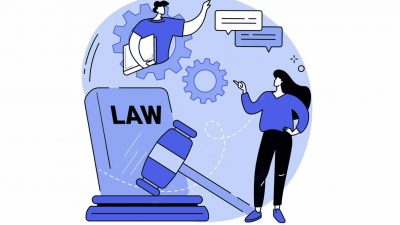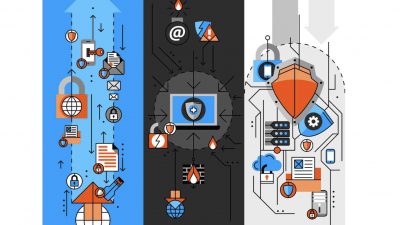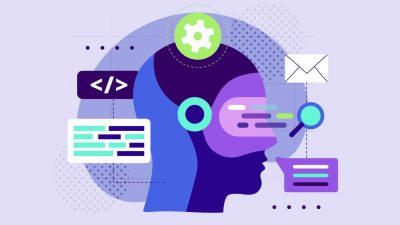How to Train an AI?
Why it matters: How to Train an AI involves data collection, algorithm selection, hyperparameter tuning, and ethical evaluation.
Everything AI, Robotics, and IoT
Sanksshep Mahendra is a technology executive with success in driving, vision, strategy, design, and execution of software engineering for the web, mobile, apps, social, voice, IoT, applications along with Machine learning and AI. His expertise lies in partnering with business leaders, powering through roadblocks, and leading global teams to deliver disruptive products that advance the organization’s mission and capture game-changing results in the market. Sanksshep Mahendra has a lot of experience in M&A and compliance, he holds a Master's degree from Pratt Institute and executive education from Massachusetts Institute of Technology, in AI, Robotics, and Automation.
Why it matters: How to Train an AI involves data collection, algorithm selection, hyperparameter tuning, and ethical evaluation.
Why it matters: The AI arms race amplifies global security concerns, necessitating urgent, cooperative governance for ethical and safe deployment.
Why it matters: AI’s impact demands agile legal frameworks for accountability, privacy, and ethical AI deployment across borders.
Why it matters: AI exacerbates economic inequality by automating low-skill jobs and increasing wealth for savvy individuals.
Why it matters: AI-driven automation precipitates job losses, altering career prospects and necessitating skill adaptation for survival.
Why it matters: Dependence on AI raises concerns about losing critical thinking skills and becoming vulnerable to tech failures.
Why it matters: AI concentration of power risks creating societal imbalances, limits public discourse, and raises ethical concerns.
Why it matters: AI security risks include data breaches, automated cyberattacks, and ethical gaps, posing challenges for privacy and accountability.
Why it matters: AI’s ethical dilemmas include bias, accountability, job displacement, data misuse, and challenges to human autonomy.
Why it matters: AI privacy concerns include data breaches, surveillance, loss of anonymity, and the potential misuse of personal information.









